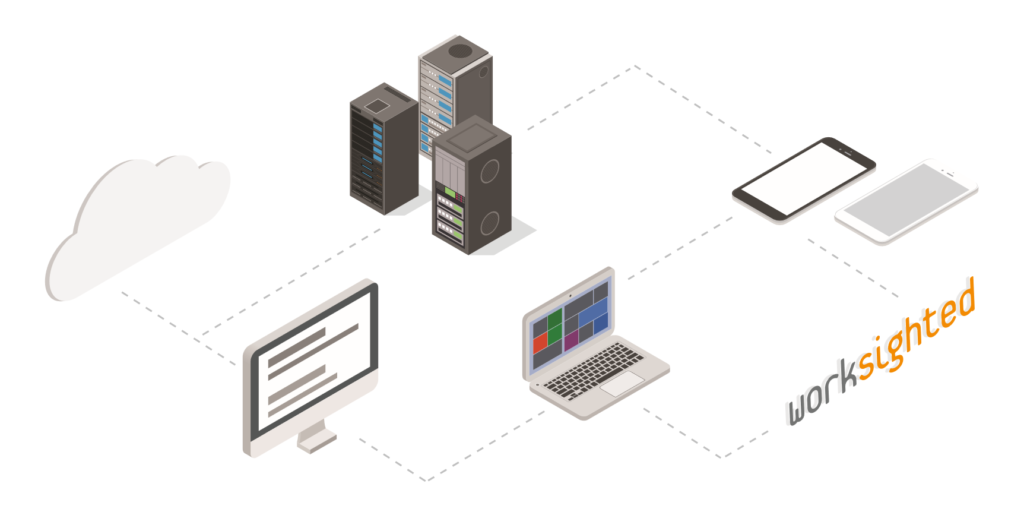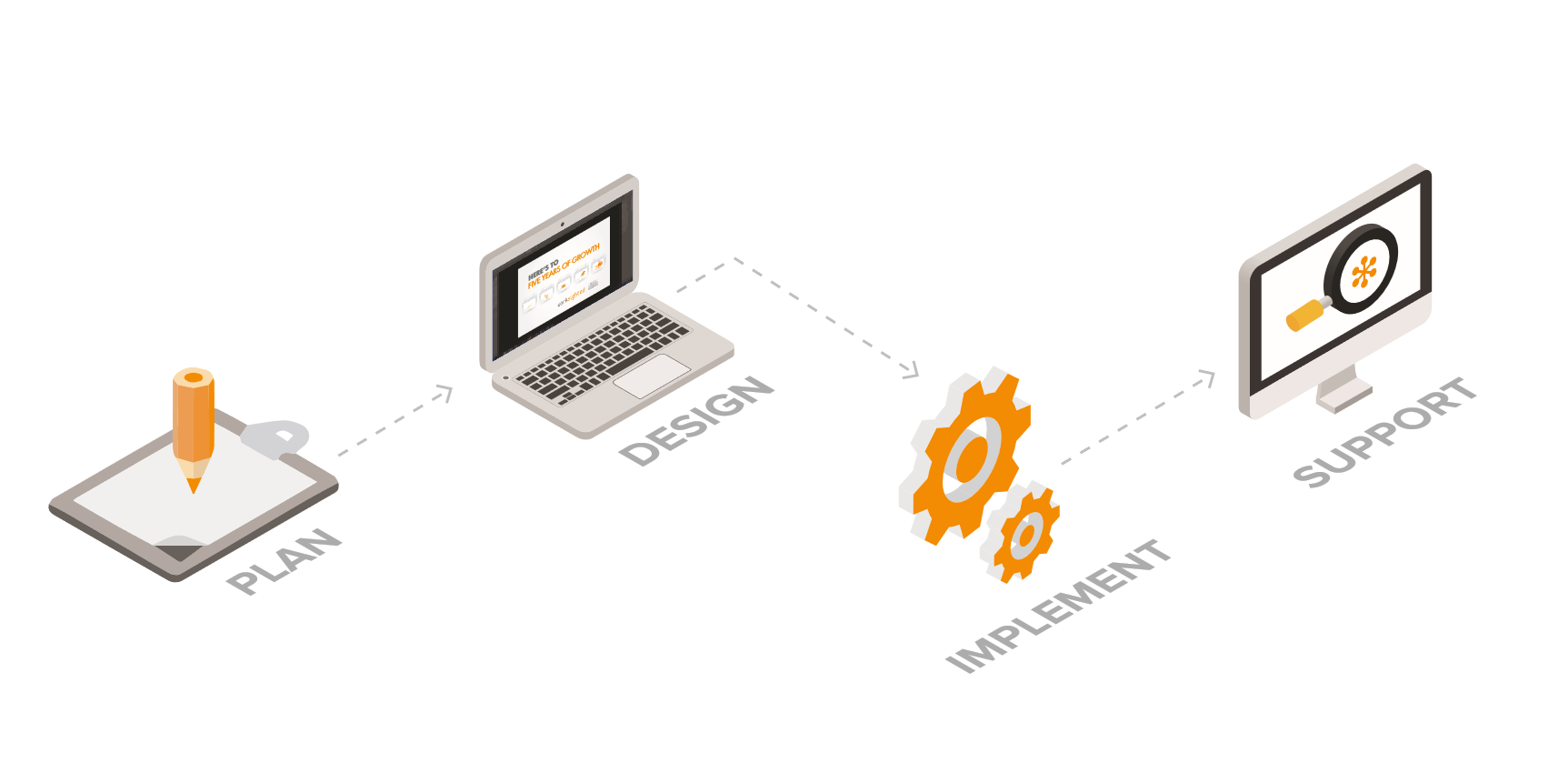Building Smarter Factories: Digital Transformation in Manufacturing
Digital transformation has become a must for businesses that want to increase productivity, stay competitive, keep their customers happy, and attract and retain the best talent. An industry that is seeing real change from this is manufacturing. The emergence of cloud computing, Big Data, and IoT solutions can enable dramatic change for manufacturers of all sizes; improving planning, logistics, product development, and more. In this blog, we will look at how IT innovation and building ‘smarter’ factories can help you achieve these business outcomes.
Why Digital Transformation is a Must for Manufacturing
Staying competitive: Businesses in all industries are undergoing a digital transformation. New technologies are improving what’s possible. Organizations that adopt these new technologies are enjoying a wide range of benefits helping to drive productivity forward and giving them a competitive advantage. Manufacturing is no different. Digital technology is improving efficiencies, safety, collaboration and, ultimately, productivity for businesses in manufacturing. This has a substantive effect on the bottom line. If businesses do not invest in new technology, they will fall behind their competition – it’s as simple as that.
Keeping customers happy: In the modern age, customer expectations are changing. Businesses that have prioritized the digital experiences for their customers have been the big winners in the 21st century. Companies like Netflix, Amazon, and Airbnb have disrupted their respective industries and transformed them forever. Customers increasingly want quick, seamless, personalized, mobile experiences – whether that is finding a TV show to watch, buying gifts or booking a hotel room. This has led to a knock-on effect where customers now expect this kind of experience from all the vendors that they make purchases from – including manufacturers.
Customers expect:
- products to be tailored to their individual needs
- on-going lifecycle support and services
- new product releases on a regular basis
What’s more, the internet grants people access to find what they want quickly and give them a variety of available options. To stand out manufacturers must improve the services and support that they offer. This has led to the servitization of manufacturing – it is predicted that manufacturers will earn over half of their revenue from services by 2020.
Attracting and retaining the best talent: In the same way that customers expect improved customer experiences, your employees now expect to use the latest technology to get their work done. In manufacturing, this means smart factories, mobile devices, and the latest collaboration apps.
Building smarter factories
There are several technologies that can boost the productivity of first-line workers at manufacturing firms. The potential of technologies like autonomous machinery, drones and augmented reality is vast. But here we will limit our focus to the following three areas:
- Communication and collaboration tools
- Big data and analytics
- Internet of things (IoT)
Collaboration and communication tools: Providing your employees with the right hardware (mobile devices, tablets etc.) and the right software (cloud-based collaboration apps like Microsoft Teams) will empower your employees to work in a more agile manner by making it easier for them to connect, communicate, and outsource problems. For instance, if an employee cannot find a stock item in a part of the warehouse, they can use instant messenger to report the item missing to the relevant parties. If there is a safety issue, this can be reported immediately and the whole staff will be notified. Another option would be to use video call technology, which enables workers to communicate face-to-face on the go, wherever they are on the factory floor. Cameras on devices can be used to capture important details. If a piece of equipment looks faulty, this can be photographed using a mobile device and then sent immediately on to management.
IoT: With intelligent sensors on machinery and equipment, smart factories are making the factory floor safer and more efficient. As soon as machinery begins to wear down, it will notify the technicians to fix it. If stock is running low, it can be immediately reported so that this can be replaced quickly. Safety measures that prevent employees from entering hazardous areas will dramatically reduce the risk of accidents.
Big data: In the digital era, we are constantly generating data. This can be of huge benefit to organizations if it is collected and handled correctly, managed efficiently and made accessible. Data analytics in the cloud provide first line workers with up-to-the-minute, real-time information which can be accessed and shared when required to help them get their job done more efficiently.
These are just a few examples of how cloud-based technology can empower first line workers to deliver the best customer experience possible. Now is the time to start building smarter factories.
To find out more about building smarter factories and how you can grow your manufacturing business in the age of digital technology, get in contact with us at Worksighted today.





